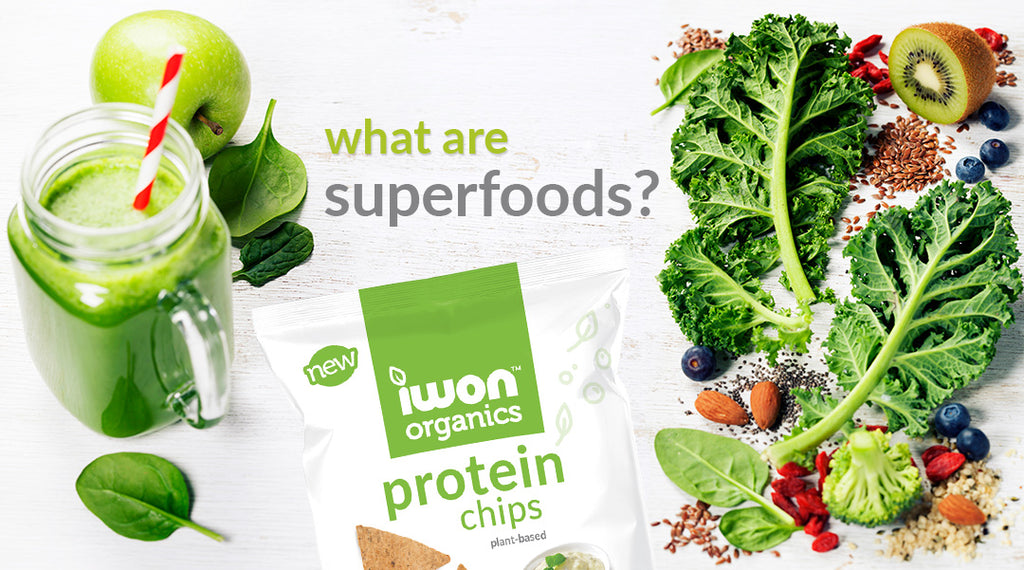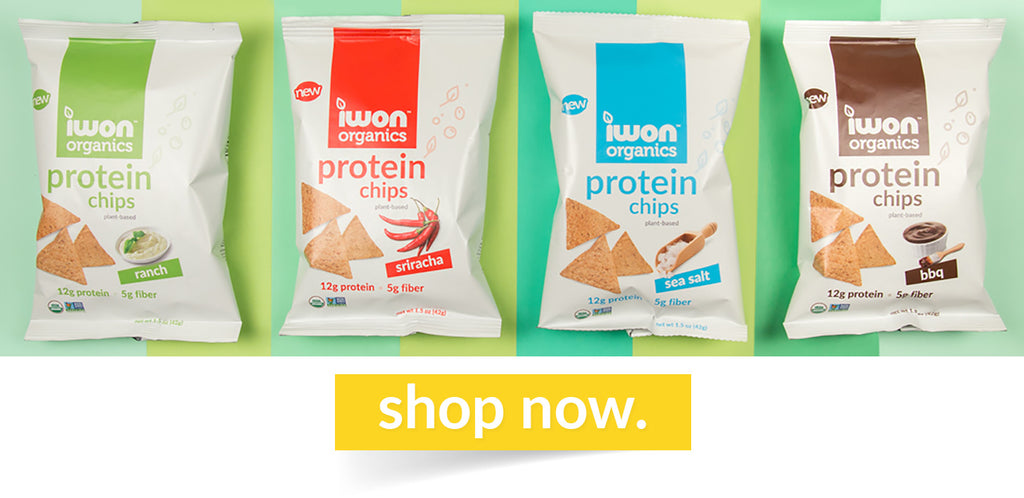
it may surprise you to know that the term superfood is not regulated by any governing source, it is not a food group of its own and it doesn’t mean you should over-consume any food labeled as super. it is a marketing word used for foods which are considered to have extraordinarily high nutrient levels, often antioxidants and are thought to be very beneficial for the body.

some of the major superfoods raved about in supermarkets everywhere are acai berries, kale, spinach, blueberries, quinoa, cacao and the list goes on. should you put all those ingredients in a bowl and eat them every night? absolutely not! the thing with “superfoods” is they are often high in one or two specific vitamins and minerals or perhaps a range of omegas, but there is not one food or one food combo that is going to cure all diseases and give you eternal life. it’s simply good information to keep in mind when choosing your dinner. if you need an immune boost, it’s handy to know that a red bell pepper offers more vitamin C than an orange. it was labeled a superfood for this reason and that it has your daily requirement of vitamin A. there are many things your body needs that the red bell pepper doesn’t offer, like amino acids.
the best diet is a balanced diet. this is not to push all food groups. this is to push all micronutrients and macronutrients. if a kale salad with pistachios, mixed berries and cacao nibs is lunch, then the best option is to choose complimentary nutrients for dinner. kale is high in vitamins A, C and K along with fiber and calcium. so perhaps a baked veggie scramble with mushrooms for B5, squash for B6 and sweet potatoes for B7. eating with this level of attention can be tedious and a lot to learn, so unless you want to track all your micronutrients, the best choice is to eat a large variety of whole foods, fruits, vegetables and grains, in order to get everything your body needs to function at its best!

if you’re vegetarian or vegan, and you don’t know if you are getting all the micros you need, be sure to include fortified foods, like whole grain cereals and fortified dairy free milks into your diet. this will help round out and deficiencies, most importantly vitamin B12.
when it comes to macros, carbs, proteins and fat, most superfoods have what you need, but so do most foods in general. if you’re concerned about any particular macro, most often protein, you can supplement with high protein snacks, like iwon organics with 12 grams of protein in every bag!

